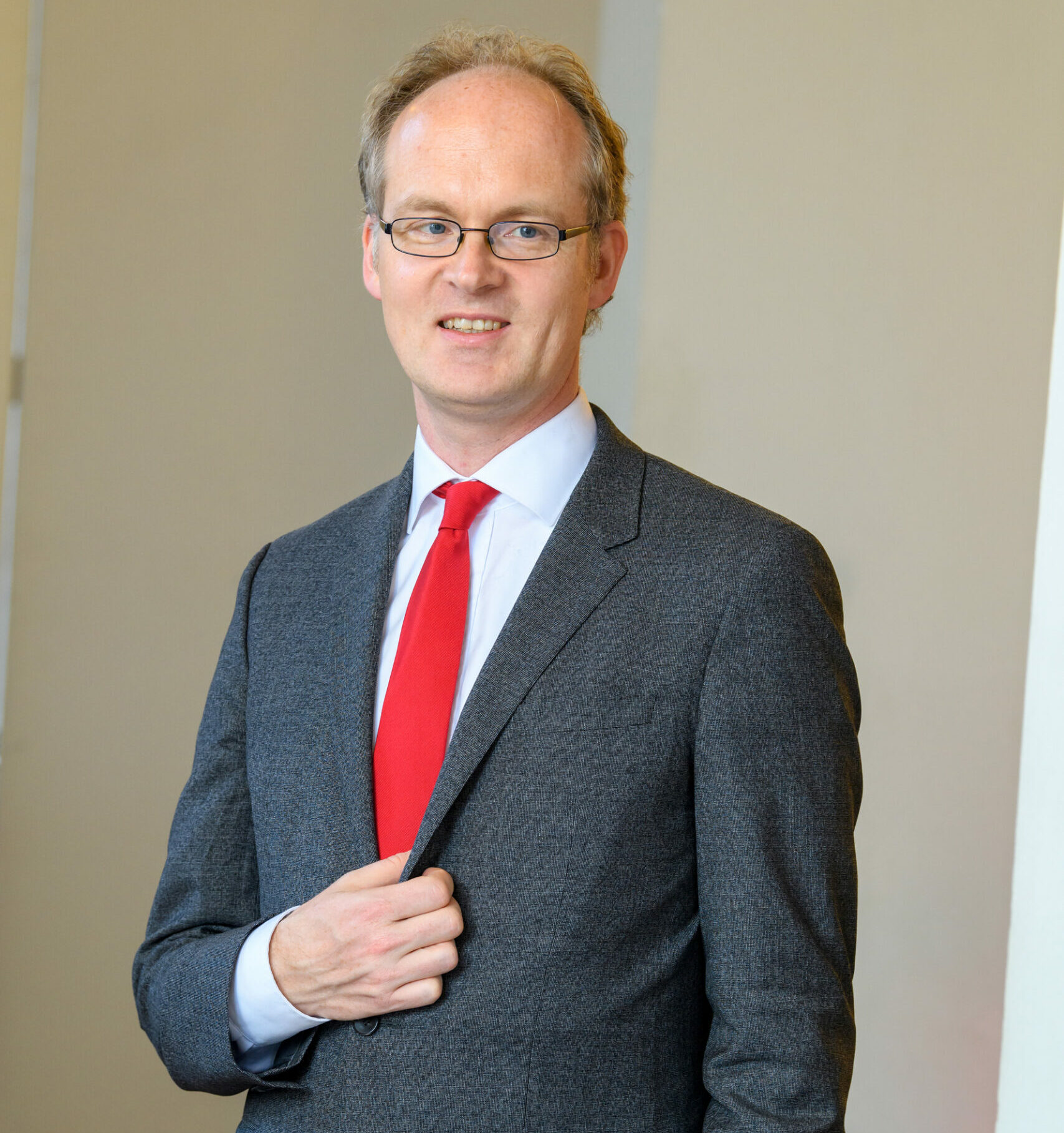100 Billion for the Bundeswehr – A Turnaround in Fiscal Policy?
15/March/2022
11 am
PLACE
Zoom
LANGUAGE
German
In response to the Russian invasion of Ukraine, the German armed forces are to receive an additional 100 billion – without that impacting the debt limits. Keyword: special assets. How can that work? Does this mean the German Basic Law will have to be amended? And what does this decision mean for the course of the Federal Finance Minister? Will less money be available for investment into climate and social issues in the future? Or will the special fund become a template for other major emergencies – such as financing measures against the climate emergency?
We discussed this on March 15 with Sebastian Dullien (IMK Düsseldorf), Jens Südekum (DICE), Hubertus Bardt (IW Cologne) and Philippa Sigl-Glöckner (Dezernat Zukunft). Please note that the debate was held in German.

Sebastian Dullien
Sebastian Dullien is Scientific Director of the Macroeconomic Policy Institute (IMK) at the Hans Böckler Foundation and Professor of General Economics at HTW Berlin. His research focus includes international economic relations, monetary policy, European integration, macroeconomics and development economics.

Jens Südekum
Jens Südekum is Professor of International Economics at the Düsseldorf Institute for Competition Economics (DICE) and a member of the Scientific Advisory Board at the German Federal Ministry for Economic Affairs and Energy. His research areas include regional and international economic relations and the impact of globalization on local labor markets.

Philippa Sigl-Glöckner
Philippa Sigl-Glöckner is founder and director of the think tank Dezernat Zukunft. She is intensively involved with the topic of public finances and concepts for a new German monetary, financial and economic policy. Sigl-Glöckner studied philosophy, politics and economics.

Hubertus Bardt
Hubertus Bardt is Managing Director and Head of the Science Department at the Cologne Institute for Economic Research. In addition to economic policy, his research focuses on industrial policy and climate economics.

